Human-wildlife conflict is a shockingly common problem, often with enormous consequences for both individual animals and entire populations.
When human-wildlife conflict comes to mind, you may immediately think of wildlife crime instead - which isn't wrong, since many regions with wildlife crime problems like poaching are also areas where people may frequently deal with human-wildlife conflict, causing the two issues to go hand-in-hand. But human-wildlife conflict is a much broader issue encompassing many ways that human presence and interference can cause problems for us and animals alike. Human-wildlife conflict includes:
- Elephants trampling a farmer's crops, resulting in retaliation
- New real estate developments infringing on ecosystems where predator species live, leading to predators having less territory and less food, which in turn leads to predators attacking domestic animals and livestock
- Freeways dividing the territory of animals like mountain lions, leading to wildlife venturing into neighborhoods or being killed by cars
- Lead bullets used in hunting causing scavengers like condors to die of lead poisoning
These are just a few examples of how humans can negatively impact wildlife, and it's clear to see how many of these scenarios could escalate. Human-wildlife conflict solutions don't just include ways in which we can prevent these issues (for example, through tracking predators, monitoring populations' territories, or building barriers and wildlife crossings monitored by sensors), but also the ways in which we can help people connect with wildlife and care about learning to live alongside them.
If you're interested in solutions that can prevent human-wildlife conflict, join this group and get to know the people who are working to protect and save species around the world!
Header image: Casey Allen on Unsplash
Movement ecologist using conservation technology to study the behaviors of animals in the wild and understand how they cope with change to most effectively address conservation- and conflict-related issues.


- 0 Resources
- 9 Discussions
- 11 Groups
- @emcandler
- | she/her
- 0 Resources
- 0 Discussions
- 6 Groups
- @ahmedjunaid
- | He/His
Zoologist, Ecologist, Herpetologist, Conservation Biologist

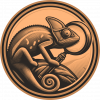



- 63 Resources
- 7 Discussions
- 26 Groups
R & D Tech | Industrial Designer | Wildlife Management Technology



- 0 Resources
- 91 Discussions
- 6 Groups
- @Britneecheney
- | her/she
My name is Britnee Cheney. I am a keeper and trainer for three North American River Otters at an aquarium in Utah. I have recently started a conservation program for this species in the wild and am looking for resources and mentors to help me with my camera trapping.


- 0 Resources
- 13 Discussions
- 8 Groups
- @Robincrocs
- | He/Him//El//Ele
Wildlife biologist, works with Caimans and Crocodiles
- 0 Resources
- 0 Discussions
- 15 Groups
- @StephODonnell
- | She / Her
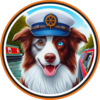


- 193 Resources
- 676 Discussions
- 32 Groups
2023 Bachelor Degree Graduate from the College of African Wildlife Management, Mweka.

- 0 Resources
- 3 Discussions
- 14 Groups
Paul Millhouser GIS Consulting
- 0 Resources
- 5 Discussions
- 4 Groups
- @Rob_Appleby
- | He/him
Wild Spy
Whilst I love everything about WILDLABS and the conservation tech community I am mostly here for the badges!!

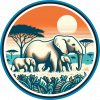

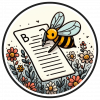

- 1 Resources
- 315 Discussions
- 11 Groups
- @bluevalhalla
- | he/him
BearID Project & Arm
Developing AI and IoT for wildlife


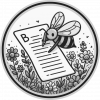


- 0 Resources
- 45 Discussions
- 8 Groups
- @Phil_HWS
- | Virtual Fencing
Innovations with Wildlife Fencing to mitigate Human Wildlife Conflict
- 0 Resources
- 4 Discussions
- 2 Groups
Careers
This position (at California State University, Long Beach) provides data management & analysis support to Shark Lab research operations including shark tagging, active tracking, receiver data, AUV & UAV data...
24 October 2022
Careers
The Senior Conservation Technology Specialist will be responsible for providing technical advice and capacity development to GWP project teams on conservation technology, distilling challenges and lessons from project...
22 September 2022
Article
APPLY NOW! The Sovereign Nature Initiative has partnered with the Kenya Wildlife Trust to experiment with emerging technologies to support their predators' conservation work.Challenges will focus on:1. Lion...
30 August 2022
Article
An update on Ceres Tags products that are being used in conservation
22 August 2022
Article
Report says the problem is as much a development and humanitarian issue as a conservation concern and risks derailing the Sustainable Development Goals.
29 July 2022
Article
Ceres Tag sends just in time alerts and GPS location to have the power to track and trace.
22 July 2022
On 3rd November 2021, Earthranger Announced Giraffe Conservation Foundation and Lion Guardians as the inaugral Conservation Tech Award Recipients. The two organizations are Harnessing the Power of Technology to Protect...
3 November 2021
In her contribution to the Technical Difficulties Editorial Series, Christie Sampson shares how the devastating experience of losing collared elephants to an unexpected poaching threat lead to an improved understanding...
3 November 2021
In Alina Peter's and Kristen Snyder's contribution to the Technical Difficulties Editorial Series, you'll receive a practical checklist of factors and questions to consider at various stages of your conservation...
13 October 2021
Read our interview with Tasmin Alexander, early career conservationist and member of the CLP Future Conservationist Award-winning Preuss's Monkey Project research team. Working in the Obudu Plateau in Nigeria, this team...
2 June 2021
Read our interview with early career conservationist and CLP Future Conservationist Award recipient Owino Raymond, who is working with camera traps along the Kenya-Somalia border to understand and reduce conflict...
21 May 2021
Margo Supplies is excited to introduce the WILDLABS community to the Margo Gadfly, a new tool tested for its ability to prevent human-wildlife conflict! Read about how this hardware works, and how it protected...
31 March 2021
June 2025
event
July 2025
October 2025
event
February 2025
event
January 2025
event
32 Products
3 R&D Projects
40 Organisations
Recently updated products
Recently updated R&D Projects
Recently updated organisations
| Description | Activity | Replies | Groups | Updated |
|---|---|---|---|---|
| In that case, you might want to keep an eye on the project from @Lars_Holst_Hansen |
|
Camera Traps, AI for Conservation, Conservation Tech Training and Education, Early Career, Human-Wildlife Conflict, Protected Area Management Tools | 11 months 1 week ago | |
| Hey @FleuryGS :)Bright Frog Game Studios is producing some really cool environmental education video games that more people should know about! I've gone ahead and added it as an... |
|
Human-Wildlife Conflict | 1 year ago | |
| Totally agree.Inititally sceptical until I saw Helena and Graeme were involved.MJ |
|
Acoustics, Citizen Science, Community Base, Human-Wildlife Conflict | 1 year 1 month ago | |
| Hi @Henrikcox I hope you are well. I am not sure if you may remember myself and my colleague from CLS. We had a meeting and met in-person at Earthranger last year. ... |
+15
|
Human-Wildlife Conflict, Sensors | 1 year 1 month ago | |
| Great to know Lars! Let's stay in touch on this, would love to join the testing out there.Cheers,Henrik |
+68
|
Human-Wildlife Conflict | 1 year 1 month ago | |
| This thread is off-topic in this conversation, so happy to continue it in the other one. However, just noting - your system is one example, but not the only one - there are... |
|
Human-Wildlife Conflict, Data management and processing tools | 1 year 1 month ago | |
| Hello community, I wanted to share some exciting updates about my ongoing conservation project for endangered species. I post this here... |
|
Human-Wildlife Conflict, Early Career | 1 year 2 months ago | |
| Hi Rokshana,Maybe you can try this product from India called ANIDERS - I think this product would help you a lot. This is their website - |
|
Human-Wildlife Conflict, East Africa Community | 1 year 2 months ago | |
| Perfect thanks! I am still a novice using Python but my wife can help me! |
+6
|
AI for Conservation, Camera Traps, Human-Wildlife Conflict | 1 year 3 months ago | |
| Hi Danilo. you seem very passionate about this initiative which is a good start.It is an interesting coincidence that I am starting another project for the coral reefs in the... |
|
Acoustics, AI for Conservation, Animal Movement, Camera Traps, Citizen Science, Climate Change, Community Base, Connectivity, Drones, Emerging Tech, Human-Wildlife Conflict, Open Source Solutions, Sensors, Software Development, Wildlife Crime, Funding and Finance | 1 year 3 months ago | |
| Hi Jacobo,We have launched a new tracking/logging/finding technology which you may find of interest https://www.tagranger.com/ Based on LoRaWAN (but with yor own... |
+6
|
Human-Wildlife Conflict | 1 year 3 months ago | |
| Fire detection is a sort of broad idea. Usually people detect the products of fire, and most often this is smoke.Many home fire detectors in the US use a radioactive source... |
|
Community Base, Conservation Tech Training and Education, Data management and processing tools, Ethics of Conservation Tech, Human-Wildlife Conflict, Open Source Solutions, Protected Area Management Tools, Sensors, Wildlife Crime | 1 year 4 months ago |
WILDLABS AWARDS 2024 - Fostering bat conservation and citizen science in Zimbabwe: Establishing bat groups and training individuals to use bat detectors
4 April 2024 12:12pm
9 September 2024 2:28pm
Hi everyone
Our project on fostering bat conservation and citizen science in Zimbabwe has reached another level. To date, the project team has established two bat groups in Bulawayo and Chimanimani. Forty-three people from these two provinces have been educated on bat biology and trained in the use of bat detectors. The trainees appreciated the importance of bats in the environment, and that their conservation is essential.
Due to limited resources, the training sessions were not sufficient for the trainees, as the Kaleidoscope software for analyzing data is somewhat complex. A similar training workshop will be conducted in Harare.
Next steps of project:
Continue training bat group participants on using bat detectors and analyzing acoustic data;
Reach out to other areas and establish bat groups across the country;
Promote and research important habitats for bats in Zimbabwe.
We continue to express our gratitude to @wildlabs for funding the project. The team: @Ronnie @Ropafadzo @Karen
1 October 2024 8:17pm
I would love to see my bat detector designs in use in Africa - drop me a line, let's see if we can get something to happen - I'm pipistrelledetector at gmail dot com

http://www.pippyg.com
Calling for applications for Round 3 of our Satellites for Biodiversity Award Grant
30 September 2024 5:22pm
Conservation tech in Human Wildlife Conflict
12 September 2024 1:50pm
23 September 2024 10:34pm
Thank you so much Brett.
I am not familiar with some of these tools such as critter alarm but I did search a little about it and it looks very interesting, I will look more on it's effectiveness on Elephants and Hyenas.
25 September 2024 4:51am
The beehive method is neat! Will have to read up on that.
25 September 2024 4:56am
Odor based methods would be interesting. Provided they didn't need to be replenished too often.
We find varied stimulus prevents habituation.
The Human–Wildlife Initiative has opened a call for proposals (€10-70k)
11 September 2024 4:22pm
Seeking Internship/Volunteer Opportunity in Human-Wildlife Interaction
25 August 2024 10:08pm
30 August 2024 8:46pm
Thank you so much CathyNj
4 September 2024 11:19pm
Dear Alex Rood,
Thank you so much for the advice. I’ll make sure to regularly check the career openings on resources page. I appreciate your support.
WCS Conservation Technology Webinar Series
23 August 2024 3:20pm
23 August 2024 7:04pm
23 August 2024 8:30pm
WILDLABS Virtual Meetup: Bioacoustics Policy Integration and Scientific Impact
22 August 2024 7:57pm
WILDLABS Virtual Meetup: Bioacoustics Data Analysis and AI
22 August 2024 7:22pm
WILDLABS Virtual Meetup: Bioacoustics Data Networks and Platforms
22 August 2024 5:45pm
WILDLABS Virtual Meetup: Bioacoustics Hardware Innovation
22 August 2024 5:25pm
Call for PapersManaging Human-wildlife Conflict in Big Cats
22 August 2024 3:19pm
Community Choice Award Winners: 2024 #Tech4Wildlife Photo Challenge
15 August 2024 2:41am
Human-wildlife conflicts junior consultancy
8 August 2024 7:54am
AI accelerator for nonprofits working in the Climate area
31 July 2024 3:01pm
31 July 2024 6:24pm
Great acomplishment!!!
1 August 2024 1:39pm
Thank you so much! Now everything is in the hands of amazing organizations and companies! But the first results of the Disaster Management cohort are bringing a very optimistic vision! :) I hope for the same in the Climate cohort!
Move BON Development: Follow up discussion
19 June 2024 12:02pm
11 July 2024 10:14pm
You can catch up on the recording at that same link to the June Variety Hour! Lacey's fabulous talk starts around the 9:40 mark :)
12 July 2024 5:38am
Hi Talia!
I feel like the topic is so broad that it might help to put some constraints around things, see what works, and then broaden those out. I have a lot of ideas regarding the data monitoring and collection side based on the other sensor and observation networks we've set up in the past.
There may also be some potential scope to incorporate things like data collection and integrated monitoring to the Build Your Own Datalogger series where the system is updated to feed data into the observation network.
It'd probably take a bit of discussion and coordination. Let me know if interested. I'm fine to jump on a call or discuss via email too.
22 July 2024 9:24pm
@cmwainaina please take a look
Looking for literature materials/any useful data on HHC(Human-Hippopotamus Conflict) mitigation and coexistence.
12 June 2024 7:24pm
7 July 2024 10:07am
Hi loveness,
Your doing great here are some research that may be helpful on what your looking for
search for article of Human-Hippopotamus Conflict: Impacts and Mitigation Strategies published in the Journal of Wildlife Management.
19 July 2024 1:56pm
Hey @Agripinacletus , thank you so much for your constructive input.
19 July 2024 1:57pm
Hi @nyangetamagesa , i'm so grateful for our input.
Looking on how to mitigate human-elephant conflict
9 July 2024 1:42pm
12 July 2024 1:25pm
To add to what Agriphina said, I think community engagement is the top-tier key, and engaging them effectively means first understanding the community you are working with i.e. their problems, needs, livelihoods, and their foreseen solutions. You can also engage the community through meetings and workshops. Mfano: Unaweza kuwashirikisha kwenye utengenezaji wa zile local tools kama chill blocks, just to make them have the feeling of benefit and improve that myth of fighting "alone".
You can also allow them to have their representatives, (leaders who will speak on their behalf), also, do your best to give back feedback and information to the community members, (do not only take information from them).
Side note: Working with communities may be different, one strategy may work for one community and the same strategy may not work for yours, it's important to understand your community and flow with what suits it while you engage them in what you think is helpful to them.
12 July 2024 1:26pm
To add to what Agriphina said, I think community engagement is the top-tier key, and engaging them effectively means first understanding the community you are working with i.e. their problems, needs, livelihoods, and their foreseen solutions. You can also engage the community through meetings and workshops. Mfano: Unaweza kuwashirikisha kwenye utengenezaji wa zile local tools kama chill blocks, just to make them have the feeling of benefit and improve that myth of fighting "alone".
You can also allow them to have their representatives, (leaders who will speak on their behalf), also, do your best to give back feedback and information to the community members, (do not only take information from them).
Side note: Working with communities may be different, one strategy may work for one community and the same strategy may not work for yours, it's important to understand your community and flow with what suits it while you engage them in what you think is helpful to them.
13 July 2024 1:18pm
Thank you so much Adventina for sharing this wonderfully knowledge with me.
19th Australasian Vertebrate Pest Conference 2024
12 July 2024 12:42am
what will be the future of conservation?
10 July 2024 9:33am
Enter to win a free thermal camera!
26 June 2024 5:38pm
Securing the herd: traditional log Bomas Make way for Resilient Wire Fences
15 June 2024 8:35pm
17 June 2024 2:06pm
17 June 2024 2:09pm
17 June 2024 8:01pm
Conservation Technology for Human-Wildlife Conflict in Non-Protected Areas: Advice on Generating Evidence
22 January 2024 11:36pm
4 February 2024 8:16am
Hi Amit,
The most important thing is that the livestock owners contact you as soon as possible after finding the carcass. We commonly do two things if they contact us on the same day or just after the livestock was killed:
- Use CyberTracker (or similar software) on an Android smart phone to record all tracks, bite marks, feeding pattern and any other relevant signs of the reason for the loss with pictures and GPS coordinates. [BTW, Compensation is a big issue -- What do you do if the livestock was stolen? What do you do if a domestic animal killed the livestock? What if it died from disease or natural causes and was scavenged upon by carnivores afterwards?]
- In the case of most cats, they would hide the prey (or just mark it by covering it with grass or branches and urinating in the area). In this case you can put up a camera trap on the carcass to capture the animal when it returns to its kill (Reconyx is good if you can afford it - we use mostly Cuddeback with white flash). This will normally only work if the carcass is fresh (so other predators would not be able to smell it and not know where it is yet), so the camera only has to be up for 3-5 days max.
This is not really high-tech, but can be very useful to not only establish which predator was responsible (or if a predator was responsible), but also to record all the evidence for that.
13 June 2024 8:58pm
Hey Amit,
This is a great question; from our work, we've seen people do a couple of things. We've even seen people using Ring doorbell footage in urban areas as evidence.
The best thing we've seen is matching the community needs with existing infrastructure:
- Are there existing cameras you can leverage, like the doorbell cameras?
- Can public participation monitoring service this, i.e. public submitted photos and videos?
It also totally depends on the wildlife species you're working with, the interaction, damages, etc. If you've found any good solutions, let me know. I'd love to share that information with our clients here who have constant bear problems.
14 June 2024 9:09am
In that case, you might want to keep an eye on the project from @Lars_Holst_Hansen
I have been working hard on this camera based polar bear alarm with Kim… | Lars Holst Hansen | 17 comments
I have been working hard on this camera based polar bear alarm with Kim Hendrikse and other collaborators including Zoologisk Have in Copenhagen - where the system is now beeing tested. I hope to field test it at Zackenberg Research Station next year. | 17 comments on LinkedIn
Case Study: Drone-based radio-tracking of Eastern Bandicoots
14 June 2024 3:53am
New WILDLABS Funding & Finance group
5 June 2024 3:24pm
5 June 2024 4:14pm
6 June 2024 1:38am
6 June 2024 4:16am
Apply! 2024 Conservation Tech Award
3 June 2024 3:51pm
International Elephant Foundation call for $15K projects
22 May 2024 5:09pm

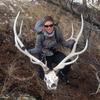







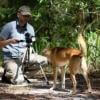


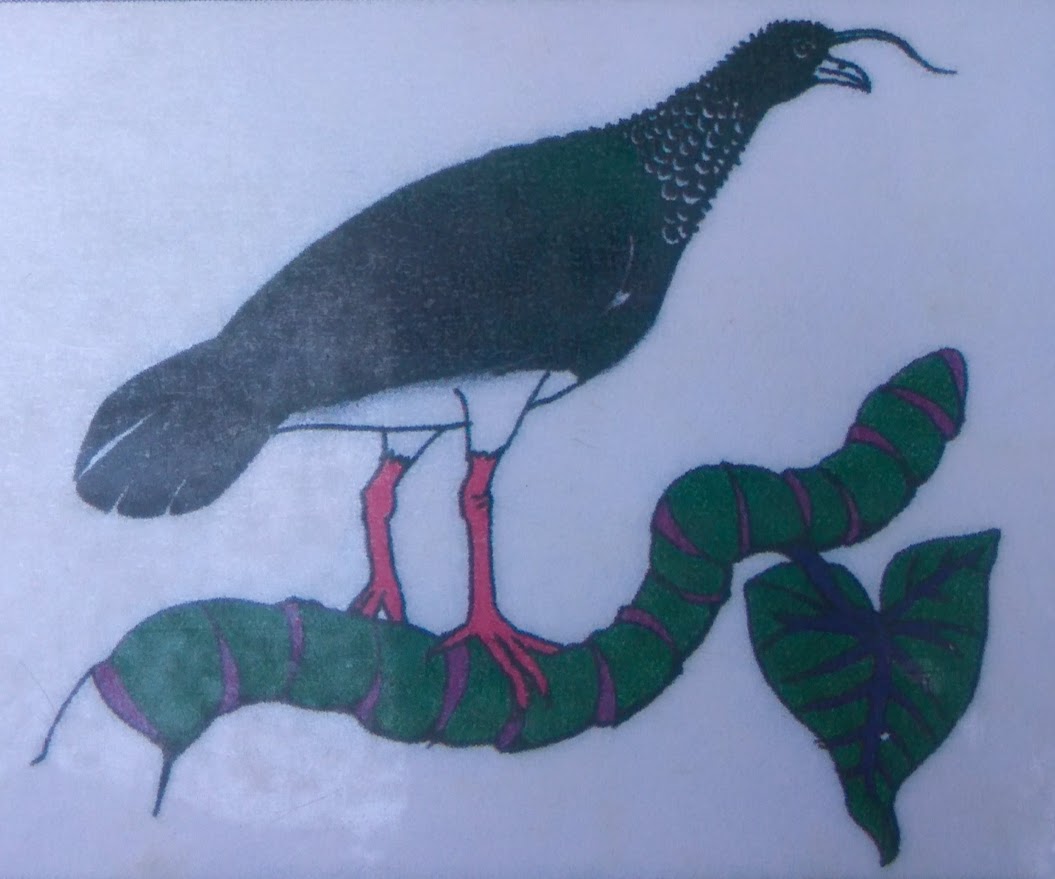
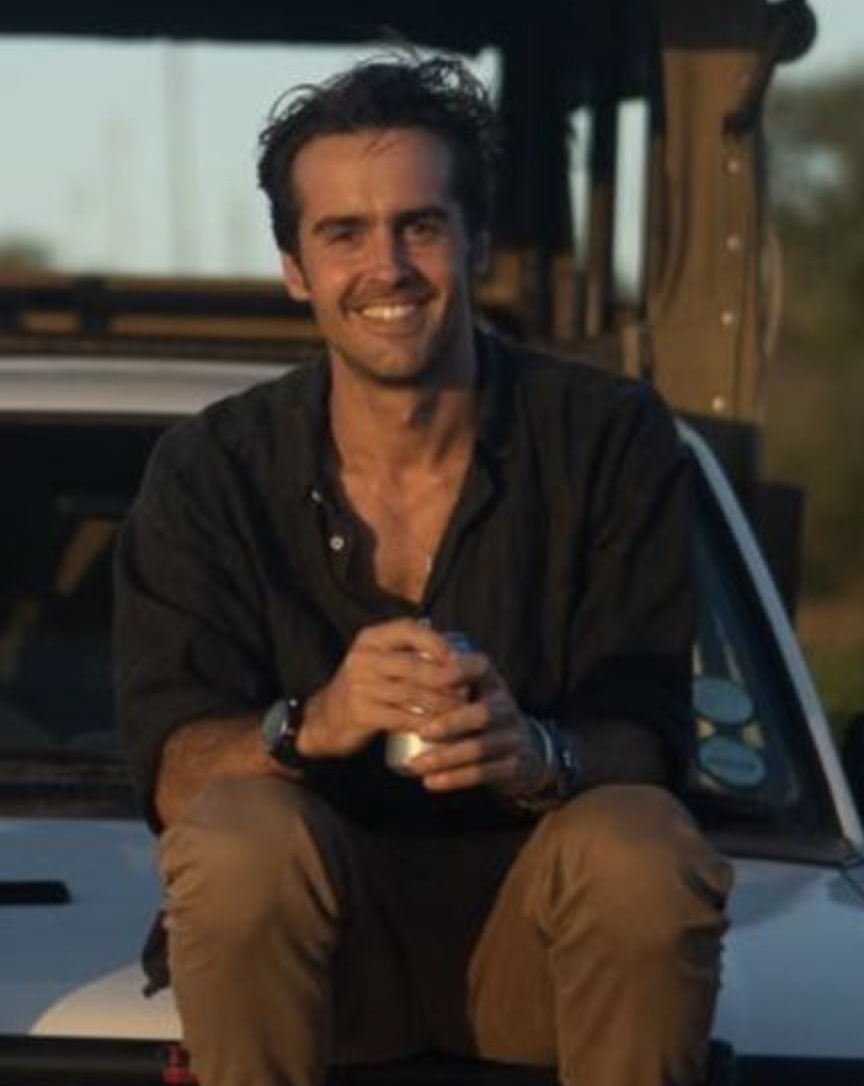

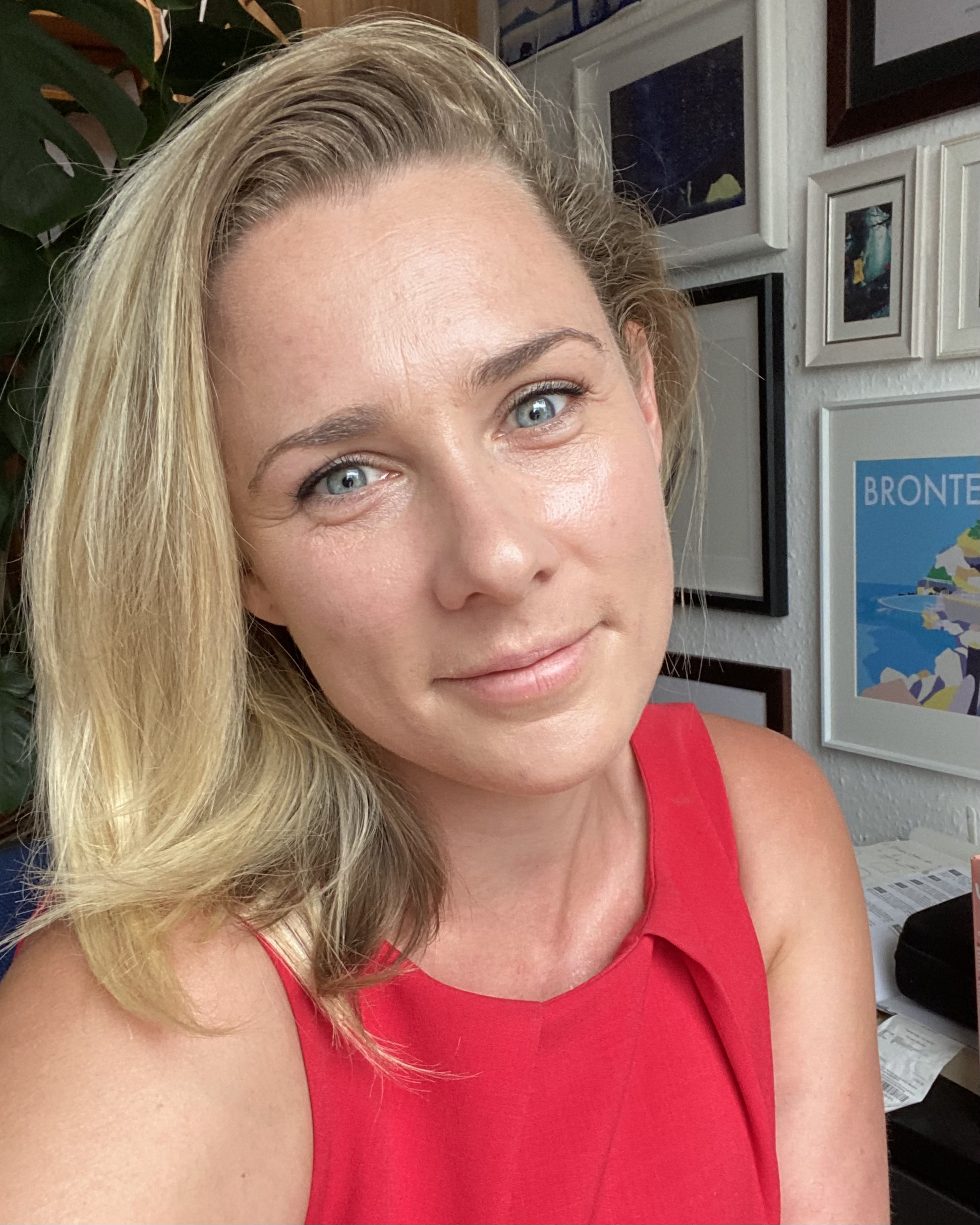


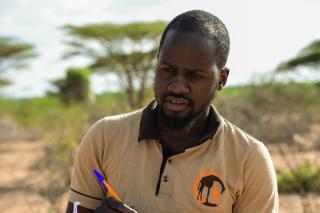
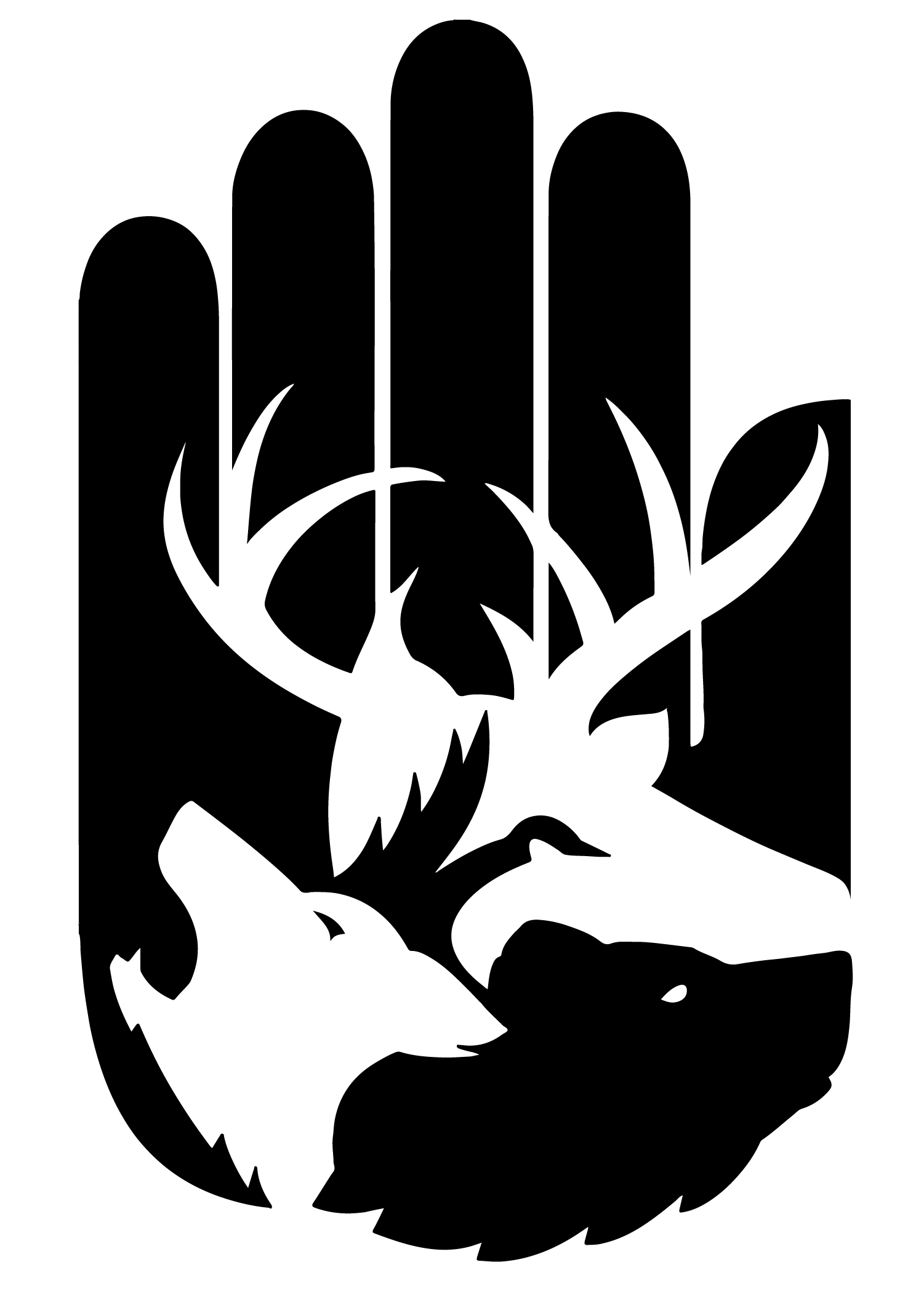

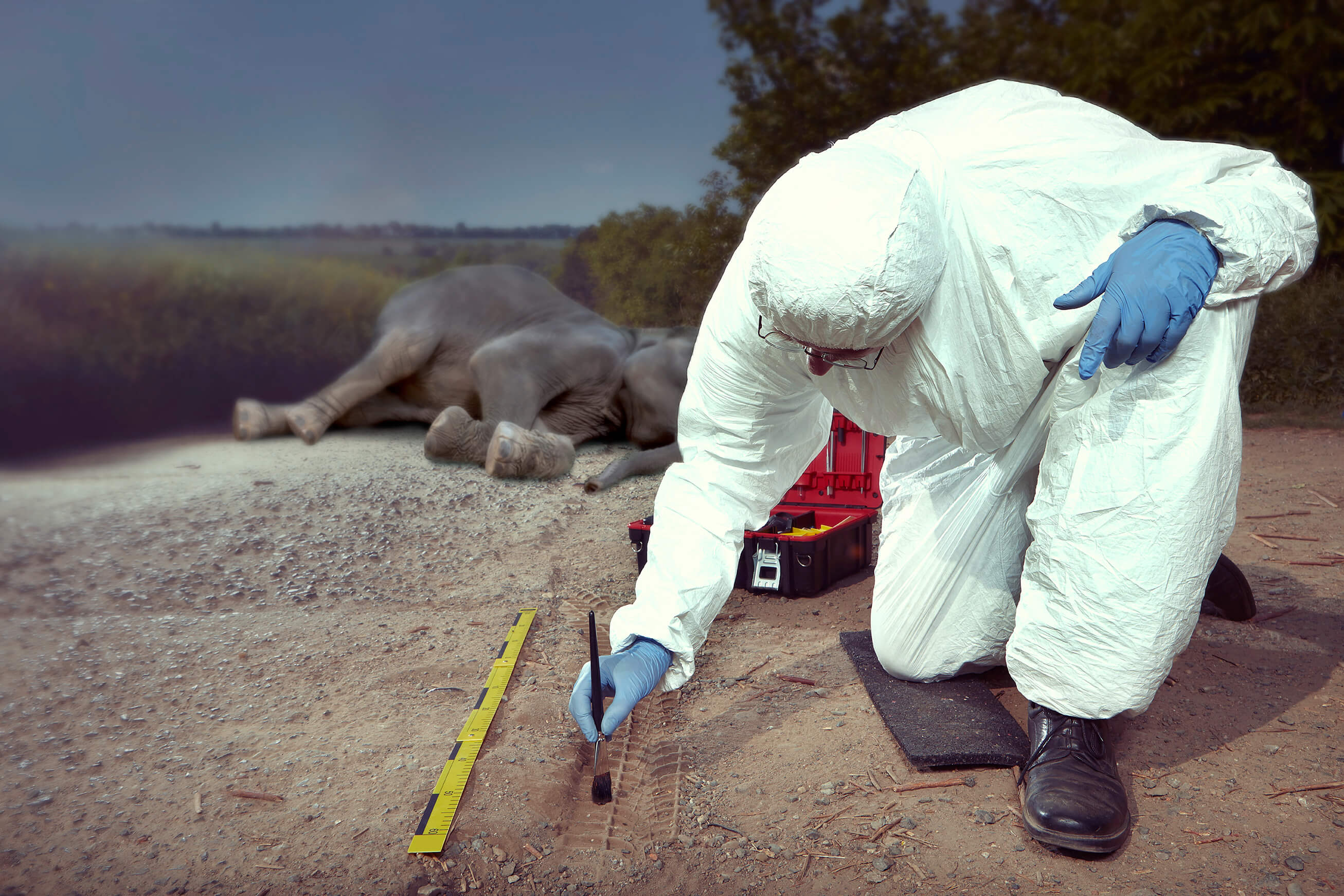
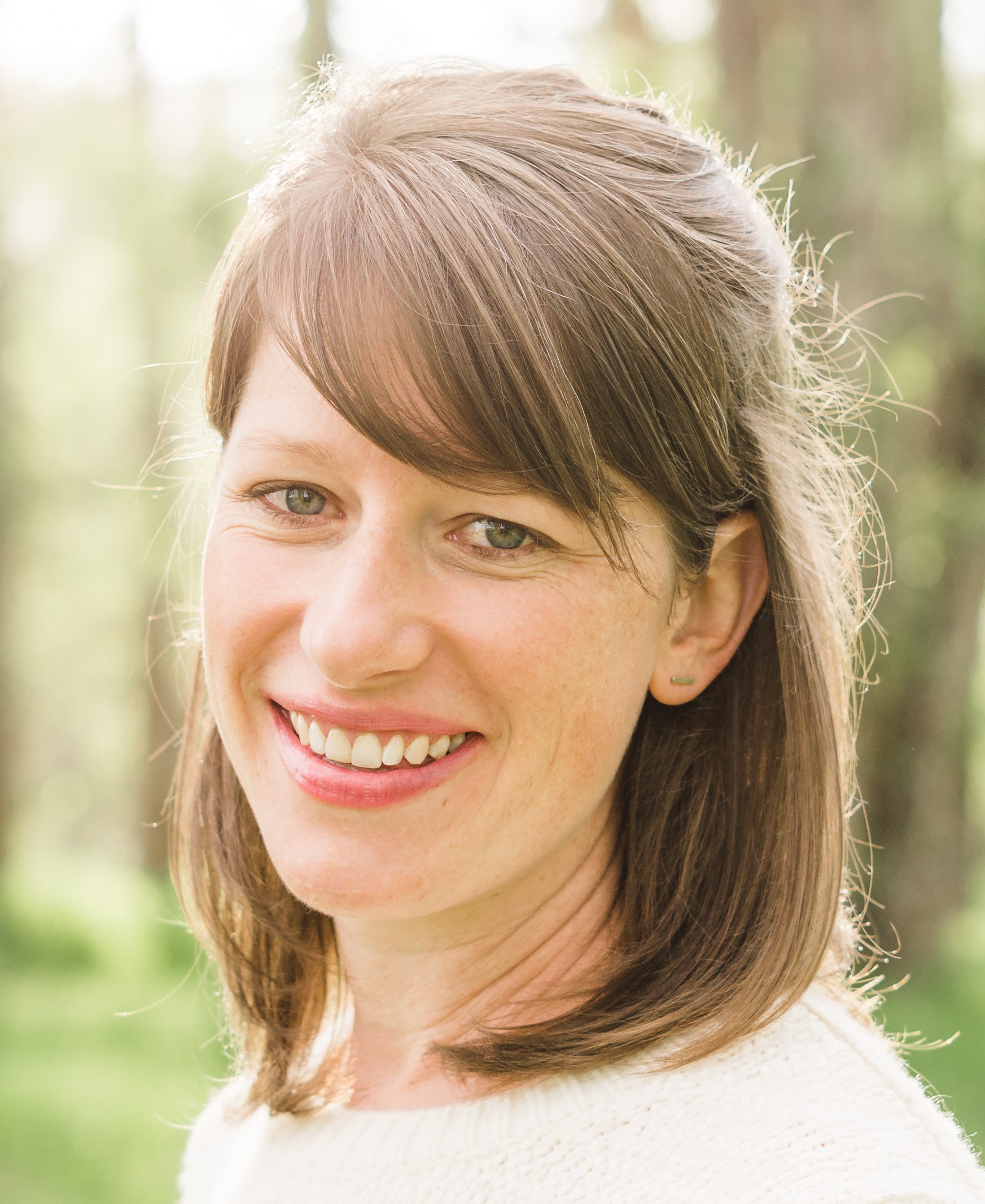

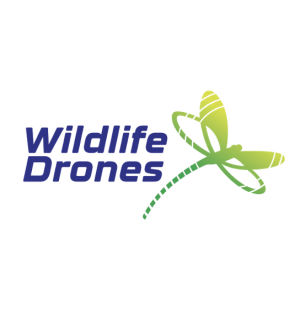



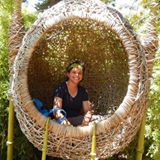











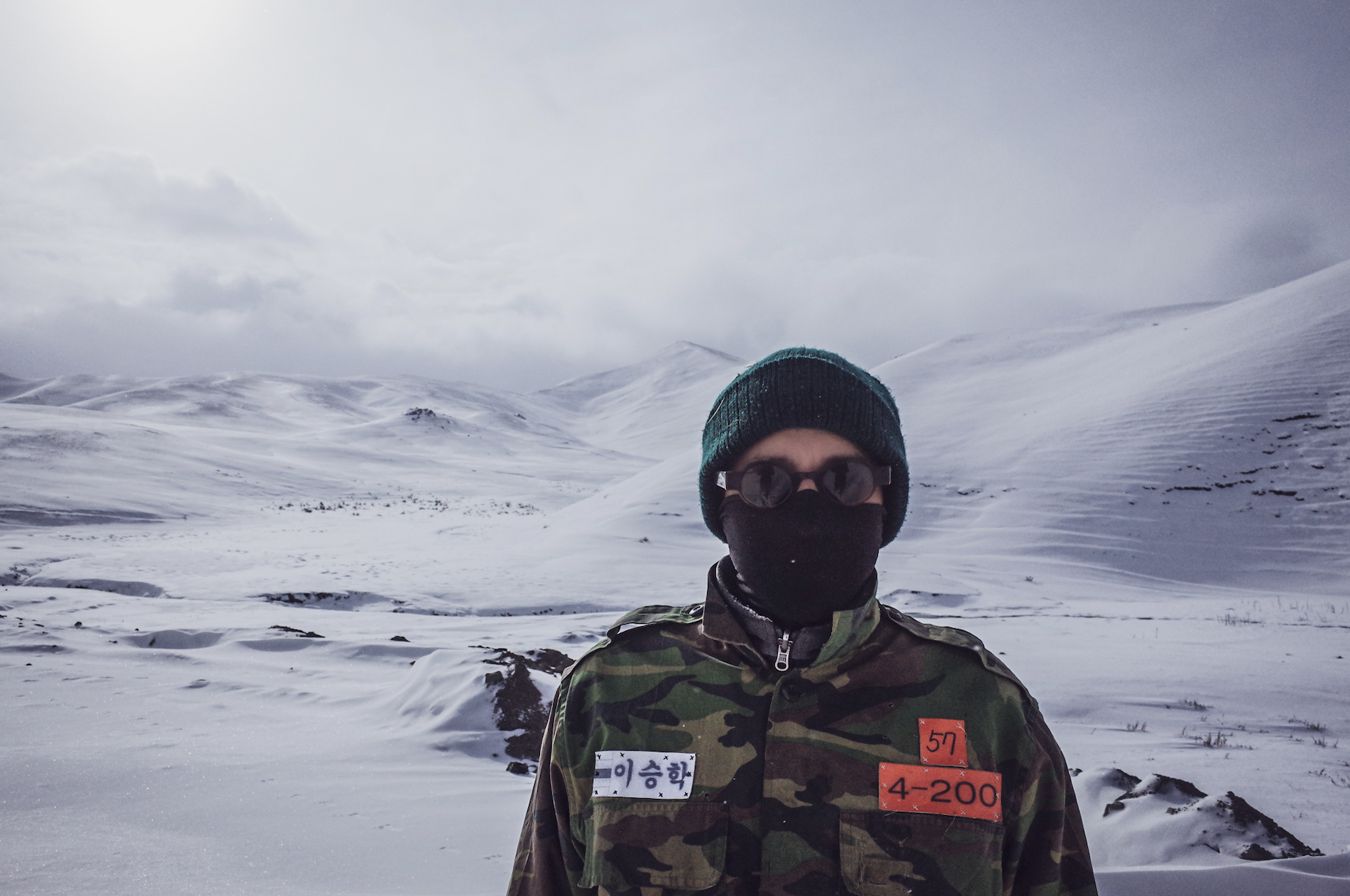





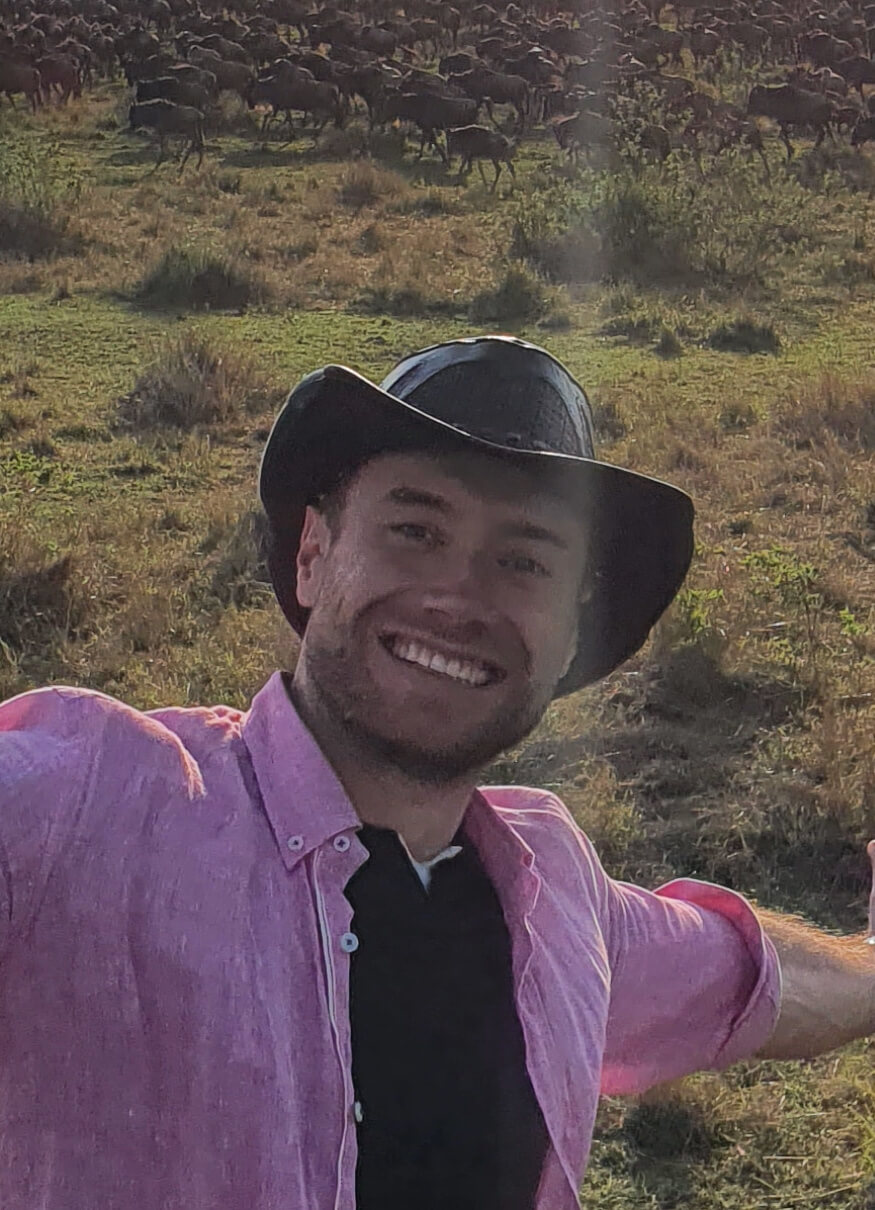










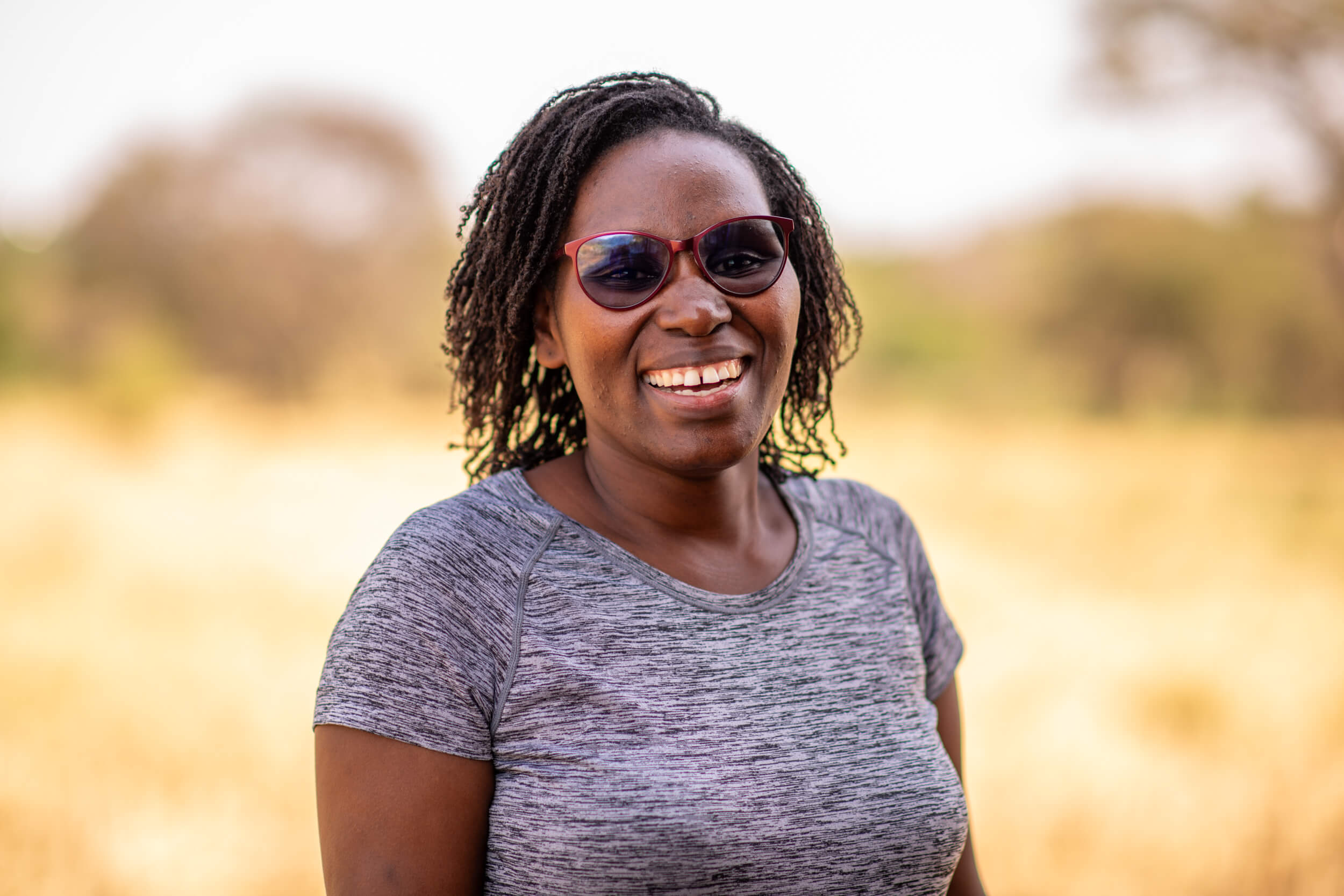

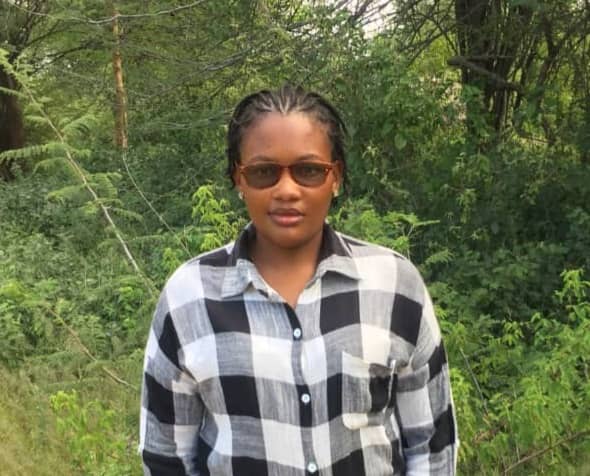




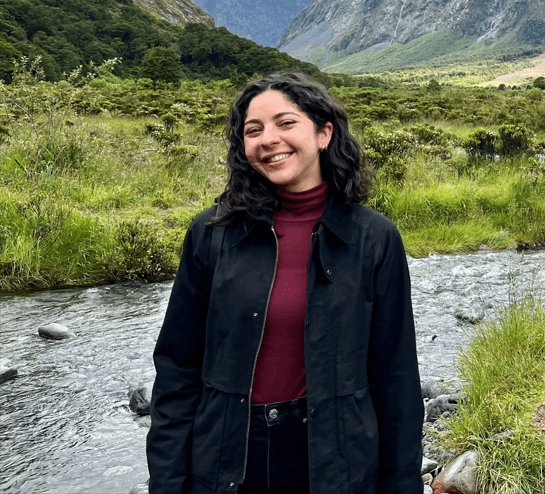





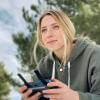

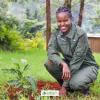


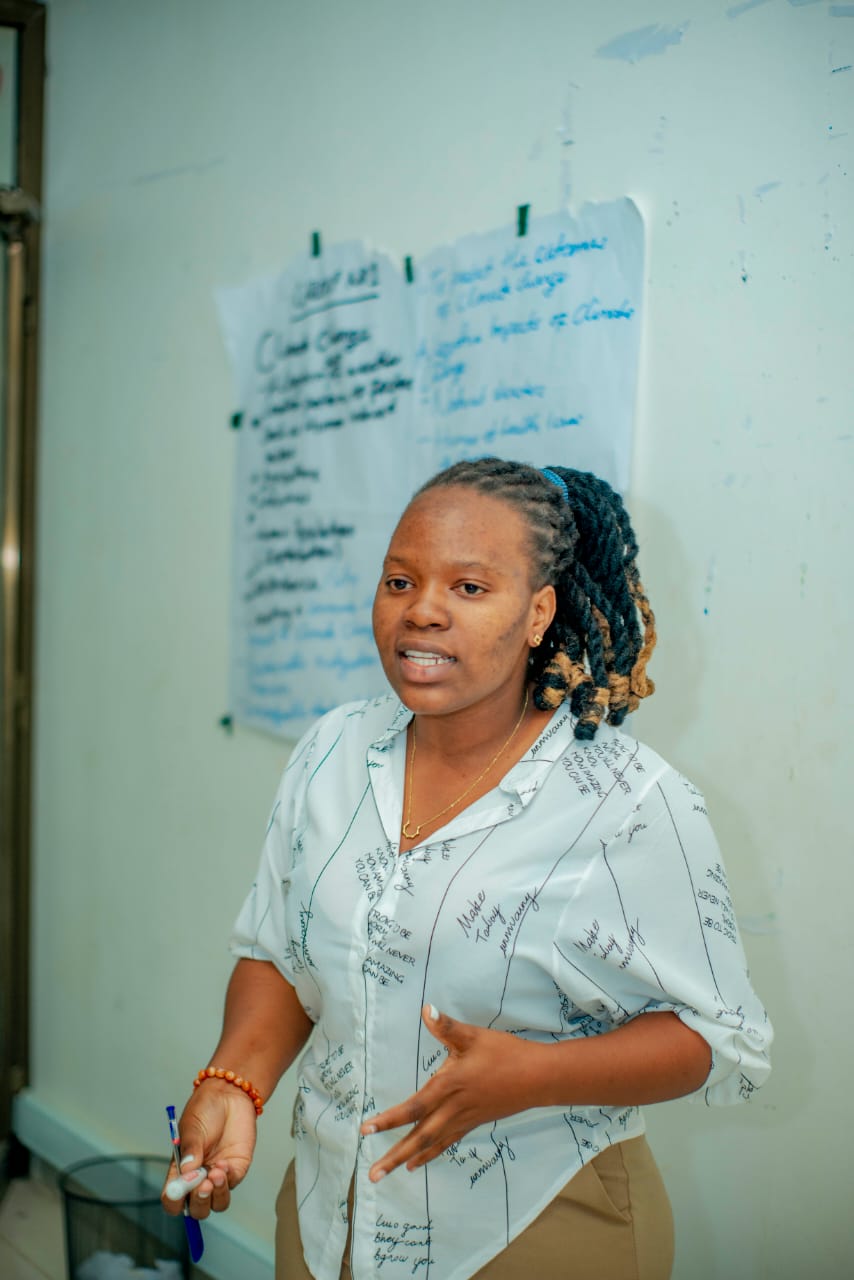
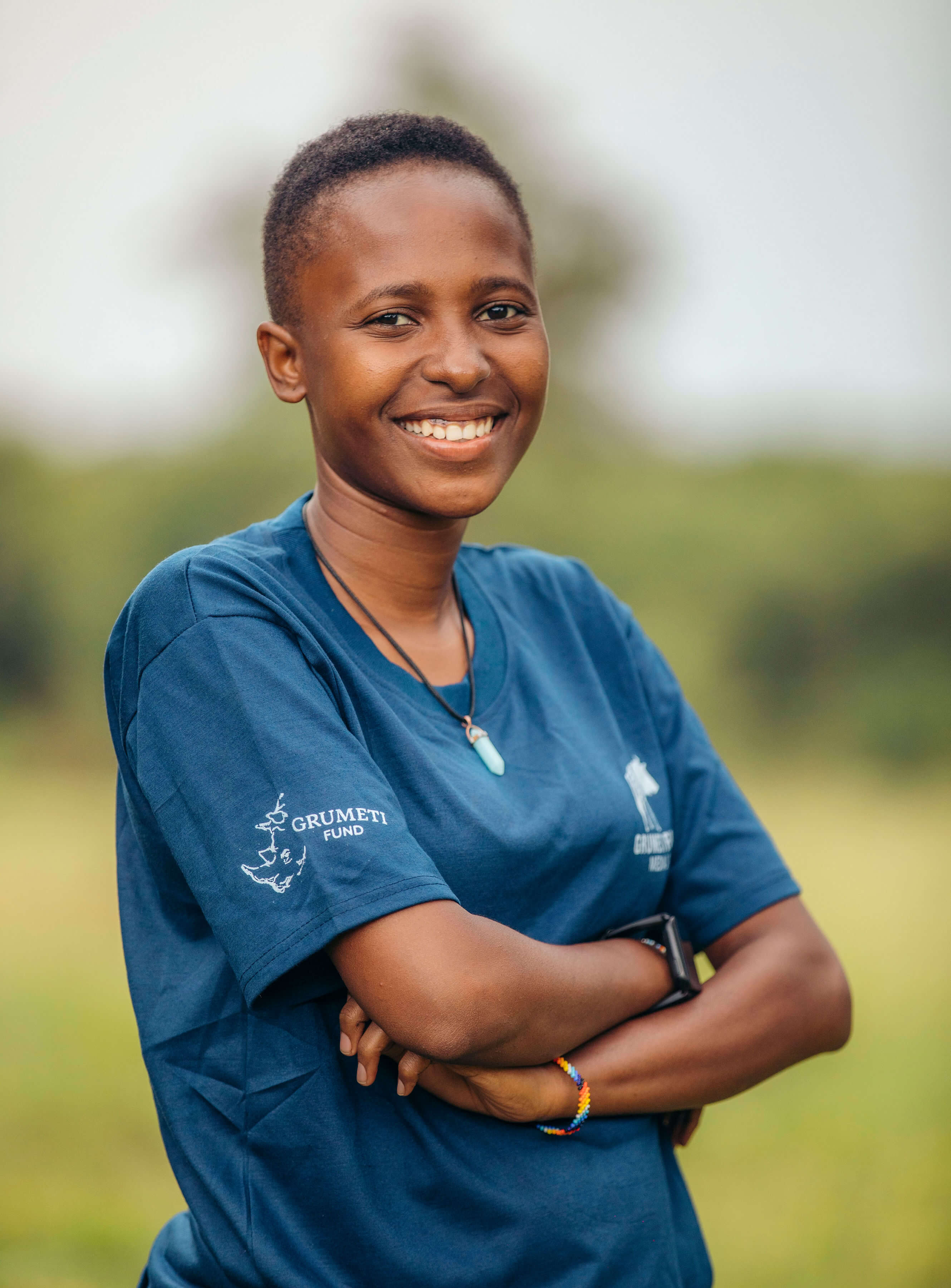








24 April 2024 2:27pm
Thank you Robyn. Sure I will send more information to your email